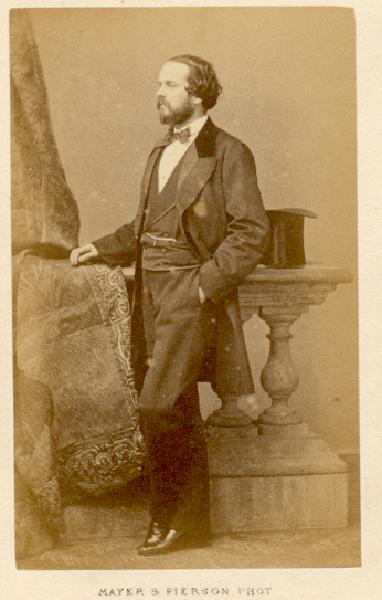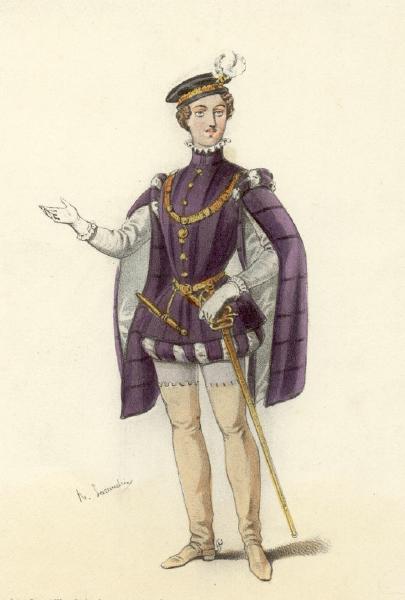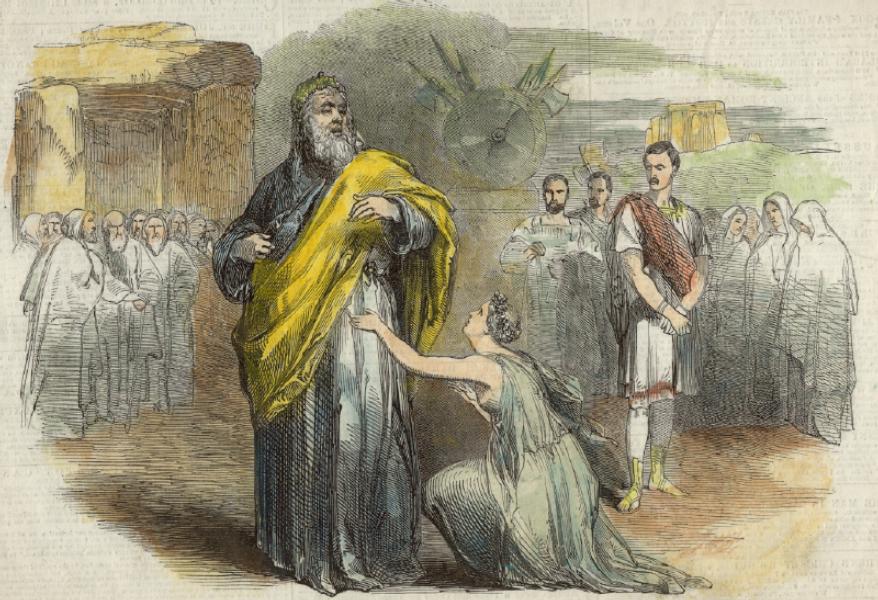Italo Gardoni


The second center of his career, where he sang from 1847 to 1874, as well, and very regularly, was London (His Majesty's
Theater, Lyceum and Covent Garden); his first impresario there was Benjamin Lumley, and later he was closely connected to
James H. Mapleson (whose voice teacher Gardoni also was). For guest appearances, he traveled to St. Petersburg, Rome, Madrid
and Amsterdam. He was one of the major tenor stars of his time.
Gardoni's voice wasn't big, but limpid and very well-projected; he was a purely lyrical tenor capable of coloratura, and
disposed of an excellent top. His repertory consisted thus mainly of roles like Elvino, Arturo, Fernand, Comte Ory, Don
Ottavio, Tamino, Corentin (Dinorah), Danilowitz (L'étoile du nord), Pylade (Iphigénie en Tauride), Percy (Anna
Bolena), Edgardo, Gennaro, Tebaldo (I Capuleti e i Montecchi), (), Vincent, Faust,
Alfredo, Nemorino, Almaviva; but he also sang (with lesser success) Robert le diable and Pollione. World premieres in which he
took part included Marie Stuart by Lous Niedermeyer as Bothwell (Paris, 6 December 1844), L'étoile de
Séville by Balfe as Don Sanche (Paris, 17 December 1845), La tempesta by Halévy as Fernando (London,
8 June 1850) and Verdi's Masnadieri as Carlo Moor (London, 22 July 1847). He was particularly connected to Balfe, under
whose baton he often sang; he also appeared in Balfe's opera I quattro figli.
Reference 1; reference 2: Kutsch &
Riemens; reference 3
 |